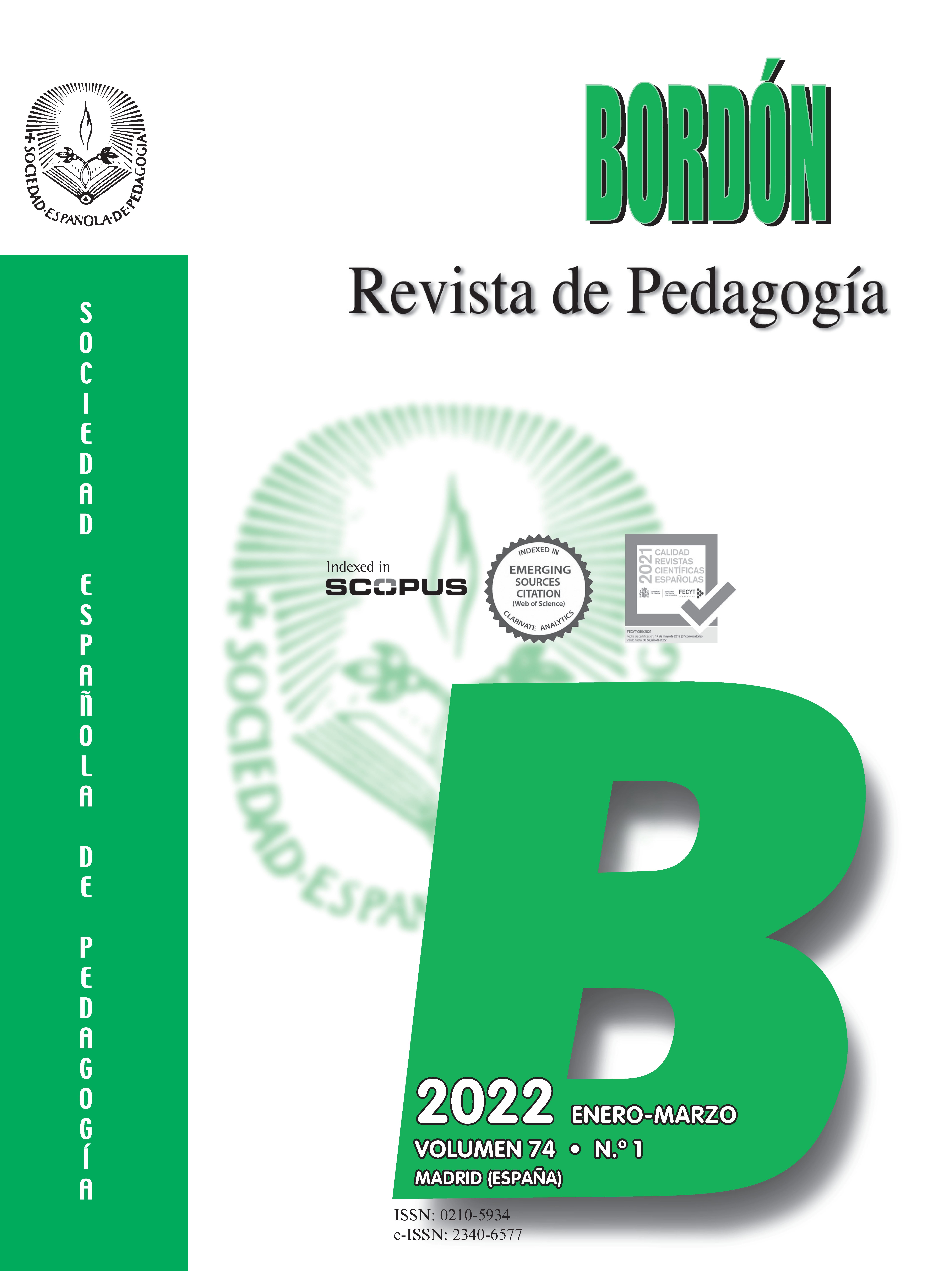Percepciones sobre el plagio académico en un contexto de enseñanza digital universitaria
Contenido principal del artículo
Resumen
INTRODUCCIÓN. En un mundo en cambio permanente, caracterizado por el desarrollo exponencial de la tecnología, donde datos e información circulan sin barreras de tiempo ni espacio, la universidad necesita repensar su modelo de enseñanza y las consecuencias que se derivan de los modos de gestionar el aprendizaje del estudiantado que lo protagoniza. En este marco amplio de actuación, esta investigación tiene como objetivo principal identificar los factores que influyen en la realización de actividades de plagio entre el estudiantado universitario, teniendo en cuenta su percepción sobre los motivos que aluden para realizarlo y la gravedad que otorgan a esta práctica académica deshonesta. MÉTODO. Para ello, se ha adoptado un enfoque metodológico de carácter exploratorio, utilizando la técnica de encuesta como procedimiento más adecuado para la recogida de datos, sobre una muestra de 615 estudiantes en un contexto de enseñanza digital universitaria. RESULTADO. Los análisis realizados mediante Partial Least Squares Structural Equation Modeling (PLS-SEM) indican que el proceso de actuación docente percibido por los estudiantes (con relación a las tareas de aprendizaje, las creencias/actitudes frente a las conductas de plagio y el nivel de gravedad asignado por ellos a las prácticas deshonestas) tienen una relación estadísticamente significativa sobre la realización de actividades de plagio. DISCUSIÓN. Entre las conclusiones obtenidas, destaca la necesidad de elaborar un plan sistemático y continuo de formación del profesorado para combatir el plagio en cada universidad, apostando por el desarrollo de una cultura ética, de máximo respeto al aprendizaje, a partir de la reflexión compartida sobre los factores investigados.

